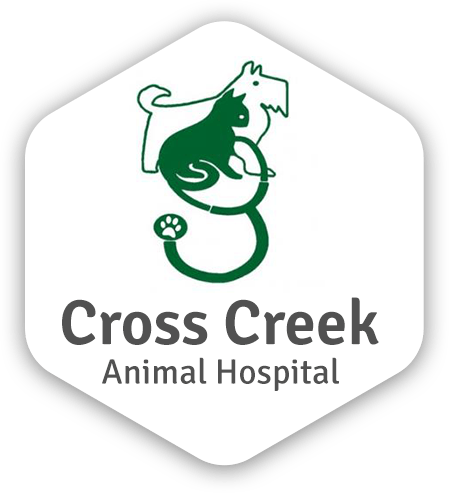Did you know that separation anxiety is quite common in our canine companions? In fact, between 20 and 40 percent of our pups are afflicted. The name separation anxiety is pretty self explanatory: this is the type of distress that dogs sometimes feel when separated from their humans. A local Fort Bragg, NC vet discusses separation anxiety below.
Causes
Separation anxiety is more or less wired into many of our canine pals. It relates to Fido’s history as a pack animal. In the wild, dogs are almost always with their buddies. Your furry bff thinks of you as his pack, and may get very distressed if separated from you. Separation anxiety can happen to any pup, but is particularly common in rescue dogs. Sadly, this may be because so many of them have been abandoned by owners before.
Signs
Many of the signs of separation anxiety are often mistaken for simple bad behavior. Fido may dig or chew to soothe himself, or he may tear up your sofa cushions or get into the trash. Some pups will try to escape, while others may whine or howl. This may be their way of letting their humans know where they are. Other signs include pacing, improper soiling, and pica, which is the term for eating things that aren’t food.
Treatment
There’s no one specific treatment for separation anxiety. However, there are things you can do to help Fido cope with his stress. First and foremost, make sure that your pooch has lots of toys and playtimes, and is getting enough exercise and stimulation. If your furry friend stays home alone while you’re at work, take time to walk and play with him before you leave. If possible, tire your canine buddy out in the morning, so that he hopefully spends a chunk of the day napping. It’s also important not to punish your pet, if he acts up due to his distress. That may just confuse him, especially after the fact. Your pup may also be so starved for attention that he settles for negative attention. And while it’s cute to come home to that happy dance, try not to pay too much attention to Fido as you are coming or going. That may inadvertently reward him for his distress.
Do you have questions about your dog’s health or care? Contact us, your Fort Bragg, NC animal clinic, today!
